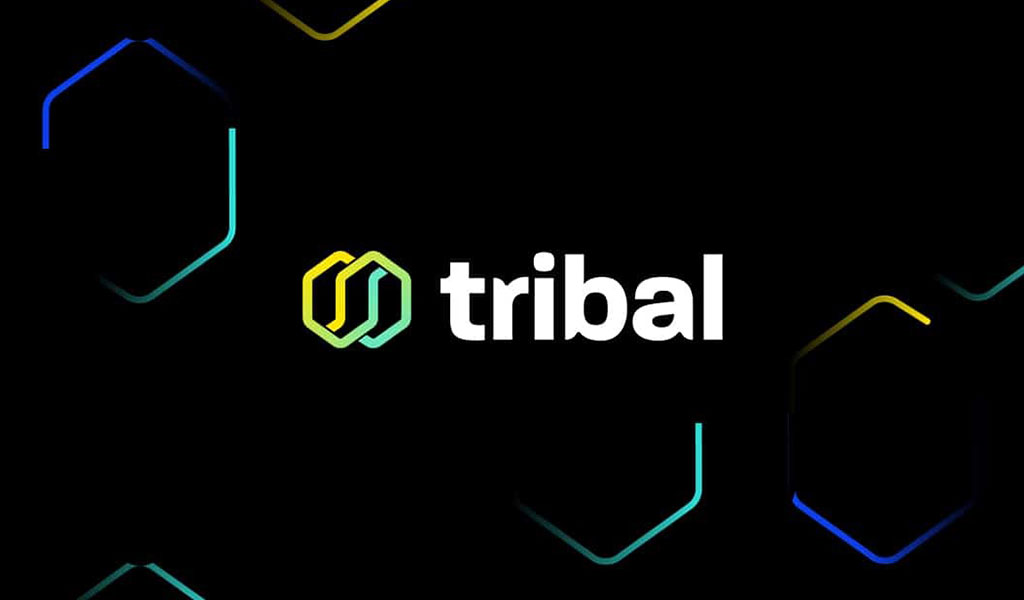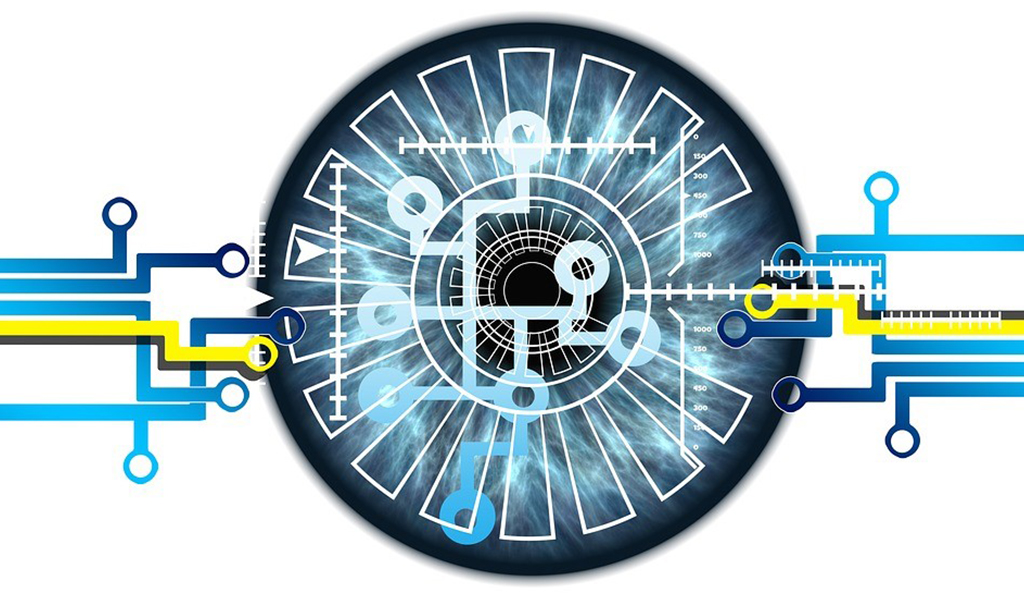Al Baraka Banking Group Launches P2P Syndicate Finance Challenge
27 August 2019
Al Baraka Banking Group Launches P2P Syndicate Finance Challenge
As part of the ongoing challenges provided by FinTech crowdsourcing platform FinTech Galaxy, Bahrain-based Al Baraka Banking Group (ABG) has announced a new challenge that pertains to solving issues with digital Rotating Savings and Credit Associations (ROSCAs), commonly known as ‘money circles’ or ‘جمعية’ in Arabic.
A ROSCA is a popular peer-to-peer process that represents a crowdsourcing alternative to taking loans from banks, where a group of people establish a temporary agreement to pay a certain amount of money each month, creating a lump sum that goes to every person in that group by turn on a monthly basis, until everyone in that money circle eventually gets that amount.
The issue that ABG aims to solve is the managing of that tedious process, which is usually assigned to a member of that circle. Responsibilities of that ‘manager’ include ensuring that every participant pays their dues every month, following up on them, distributing the collective amount every month and overall risk management on behalf of the group. ABG is encouraging participants of that challenge to solve that issue, creating a new revenue stream.
Al Baraka Banking group is a leading international Islamic wholesale bank licensed by the Central Bank of Bahrain, providing unique services across a wide geographical presence that spans operations in Egypt, Jordan, Tunis, Bahrain, Sudan, Turkey, South Africa, Algeria, Pakistan, Lebanon, Saudi Arabia, Syria, Morocco and Germany, catering to a population that surpasses one billion people.
Submit your innovative solution and get to know more about the P2P Syndicate Finance challenge here.
Tags
Al Baraka Banking Group, ABG, Bahrain, MENA, P2P Finance, Money Circles, ROSCA, FinTech Galaxy, Middle East, Islamic Banks
related articles

The Potential of Peer-to-Peer Lending in the Middle East

Egyptian-founded FinTech Startup Tribal Credit Secures $5.5m in Seed Funding

Top Five MENA Venture Capital Investments in Q3 2019

Startupbootcamp’s second cohort is open for FinTech applications

Bahraini Bank ABC pioneers e-KYC Capability in the Middle East


 0
0
 2.8k
2.8k 



Comments